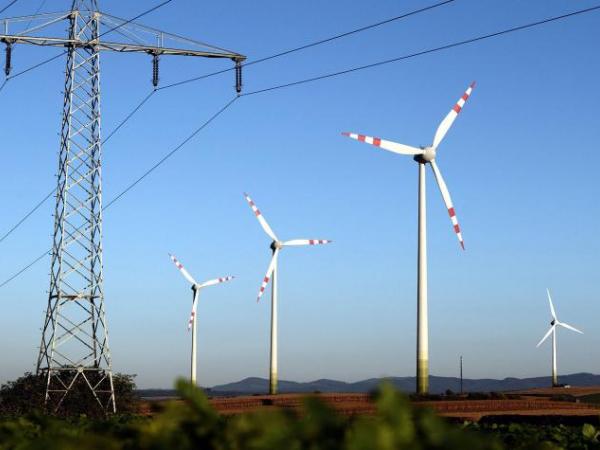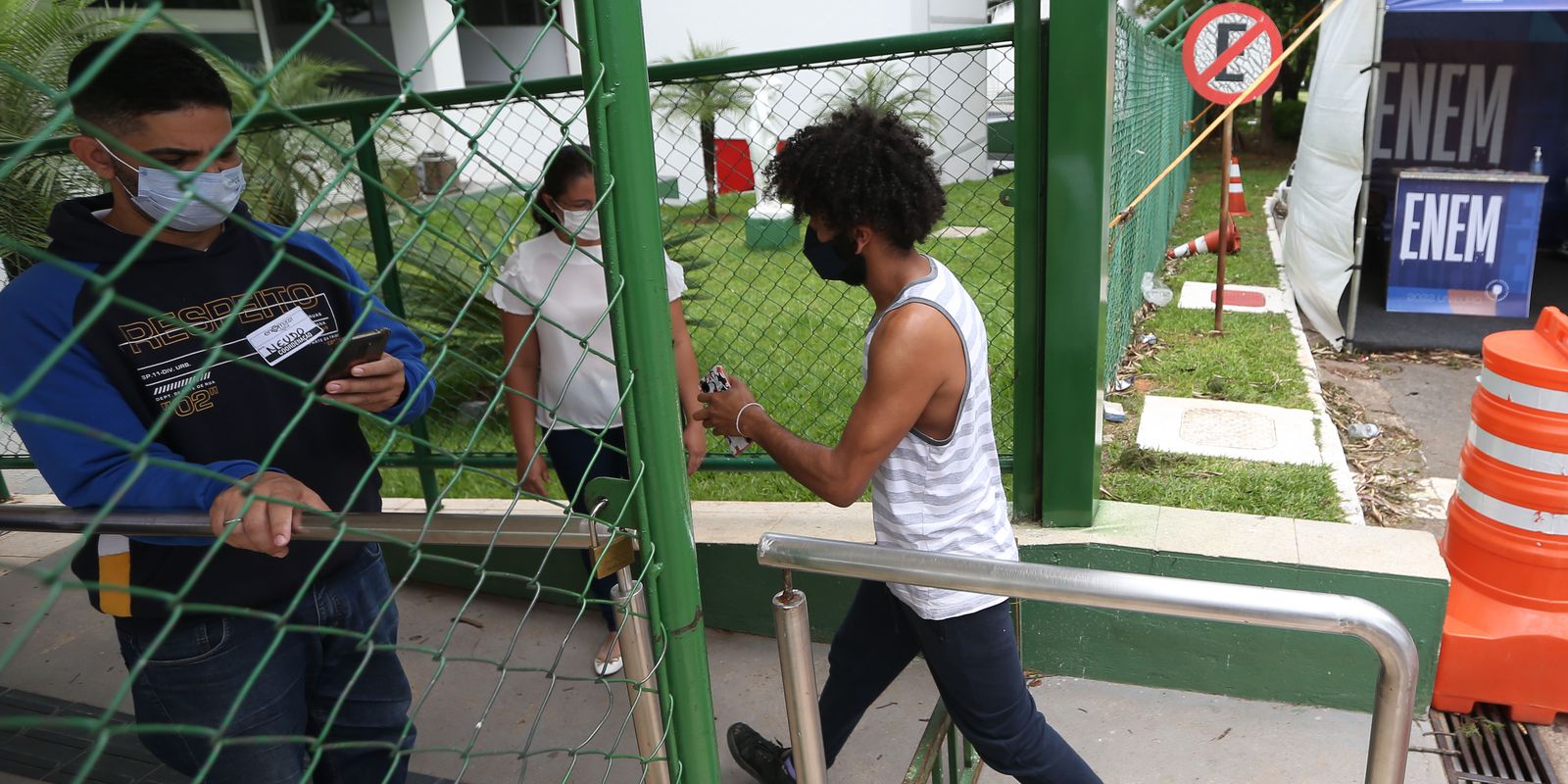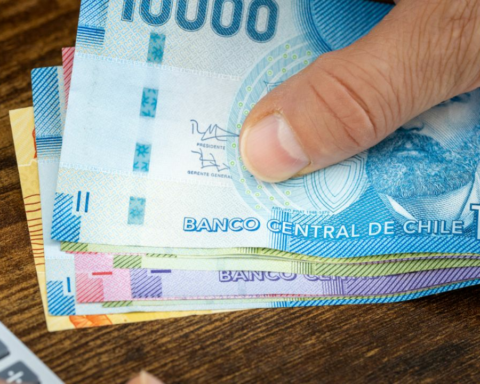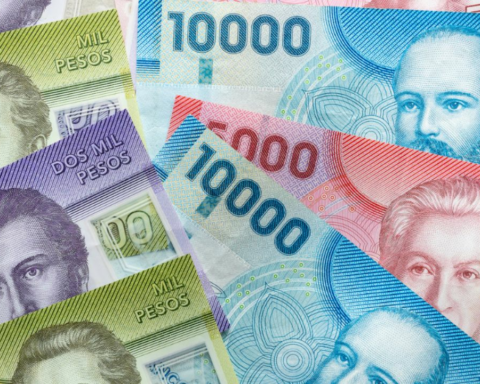Within the framework of its legal power to “issue reports and recommendations that have as their purpose the promotion or protection of children’s rights” and the institutional project “My Voice in the Constitution”, the Ombudsman for Children sent an Official Letter to the presidencies of both corporations of the Congress, which delivers recommendations to advance legislatively in the voluntary participation of adolescents of 16 and 17 years in the National Constitutional Plebiscite of approval or rejection of the proposal for a new Constitution.
You might also be interested in:
It should be noted that this is not the first time that the autonomous institution has presented the petition to Congress since, in May 2020, before the entry plebiscite was held, the Ombudsman for Children recommended in the same way that “it be recognized, in voluntary terms, the right to vote for adolescents from the age of 16”, a request that did not receive any response from the Legislative Power and, “unfortunately”, this new requirement maintains, “the initial plebiscite did not it had the possibility of suffrage for adolescents”.
The need to enforce the right to participation that adolescents have, through voting, was also deepened in Bulletin No. 1 of the “My Voice in the Constitution” project, which addressed with greater specificity the participation of children, girls and adolescents in the Constitutional Convention.
“In these different recommendations we have emphasized the importance of children and adolescents being able to count on spaces for participation and access to pertinent information in the constitutional process, the electoral process itself being key to this. Just as it was possible to consolidate historical advances in participation in terms of gender parity and people from indigenous peoples, the great challenge will then also be to consolidate the participation of boys, girls and adolescents”, she says. Patricia MunozDefender of Children.
In addition, it points out that this recommendation is made by virtue of the importance of society finally recognizing and treating children and adolescents as subjects of rights and citizens. “Adolescents were a key social actor in the mobilizations prior to the start of this process,” he adds.
Among the arguments of the Ombudsman for Children contained in the document sent to Congress, it stands out that, according to data from the Opinion Study of Boys, Girls and Adolescents (2019), 72% of adolescents between 16 and 17 years old would have liked participate in the entry plebiscite. In addition, it is noted that, at the international level, the countries that have recognized the right to adolescent suffrage have done so from the age of 16.
On the other hand, the constitutional process itself has promoted a series of instances of participation and access to information that have allowed their participation in hearings, councils and sponsorships of popular initiatives of constitutional norms. In the latter, more than 21,295 adolescents over 16 years of age participated.
In this way, the Official Letter suggests to the Legislative Power to “urgently adopt” what is recommended, allowing the vote from the age of 16, in order to meet the deadlines established in the constituent process. “This initiative, if successful, implies allowing the effective exercise of the right to participation to 485,684 adolescents, who would be enabled to voluntarily exercise their right to voluntary suffrage in the exit plebiscite and thus be part of this process. historical that they and they promoted”, says the document, to conclude.








